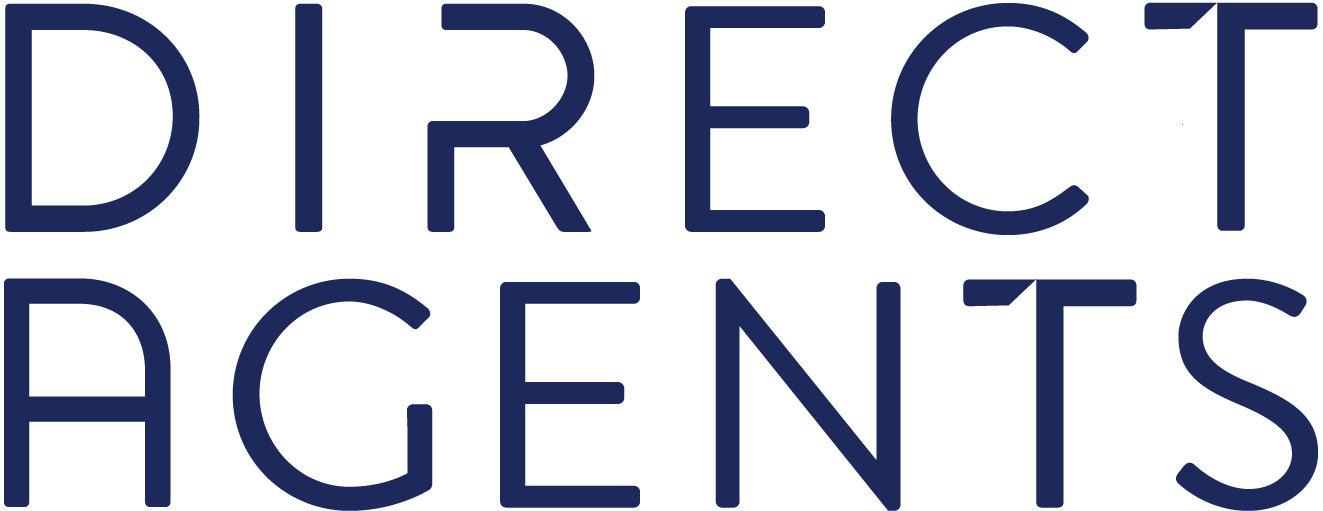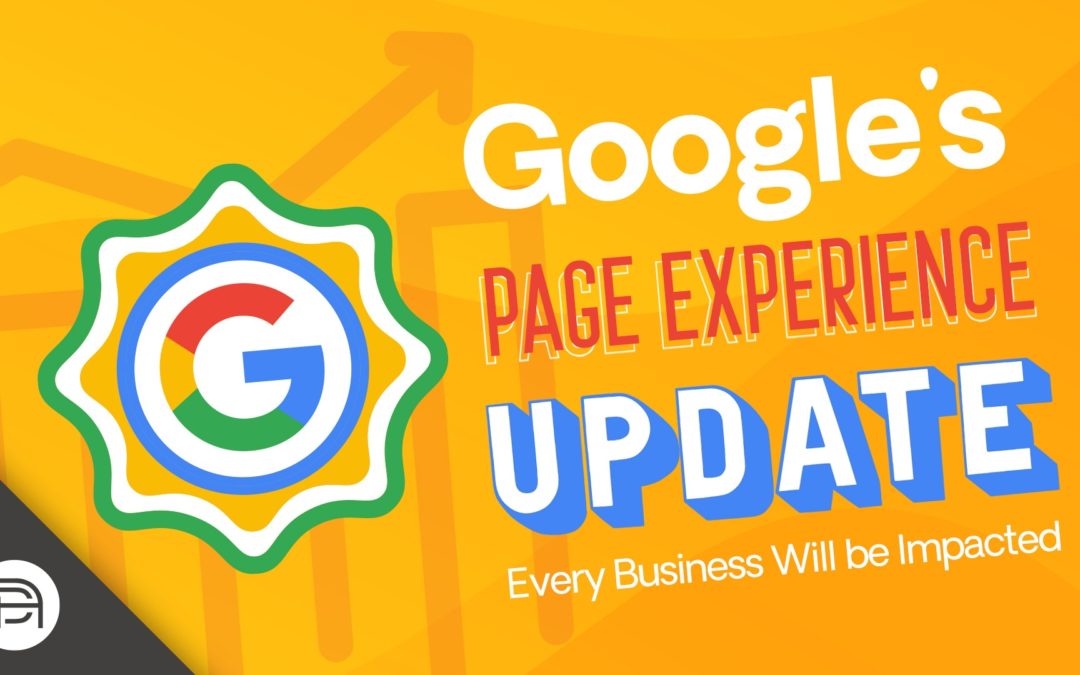First addressed by Direct Agents back in September, Google’s Core Web Vitals is a groundbreaking initiative for the search engine to judge a user’s experience of a webpage. Given the vagueness surrounding past Google algorithm updates, digital marketers are left wondering: How much does this actually affect overall business? Expected to go live in May 2021, the algorithm update is quickly approaching. We’ve highlighted all the must-know page experience ranking factors here.
The business impact of page experience: Everyone is affected
Page experience is a collection of data points that measures how a user will perceive the responsiveness and overall experience of a page on your site. These considerations impact every single site on the web, no matter the business or industry. Not optimizing your page experience has significant implications, severely hindering the site’s ability to appear on page 1 (or even appear at all) in search results.
Why is page experience important?
With the new update, Google is also testing a variety of “visual indicators” in search results that will inform users if a specific page is expected to show a great experience. Although Google has not yet stated what the new visual indicator will say or look like, the previous types of visual indicators Google has used are AMP icons, slow labels, and mobile-friendly labels.
What are the current page experience factors?
Throughout the years, Google has announced several large algorithm changes that are direct factors of page experience score.
Mobile-friendliness – Measures whether or not your site is categorized as ‘mobile-friendly’ or not. Pages are either a ‘yes’ or ‘no’, with no scales of mobile-friendliness. Google’s algorithm penalizes pages that are not considered mobile-friendly.
Safe browsing – Penalizes sites that participate in policy-violating behavior, such as unsafe malware or dangerous downloads.
HTTPS – Rewards HTTPS (as opposed to HTTP) sites with a ranking boost. Adding the SSL certificate to a site ensures encrypted connections, protecting user data.
Interstitial Pop-Ups – Devalues pages that contain interstitials (full-screen ads that pop-up between content or as a user scrolls on a page), providing a barrier between the user and your page content.
Page speed – Crawls and indexes mobile page loading speed first.
What are the Core Web Vitals?
The Core Web Vitals are page experience measurements within Google’s Web Vitals Initiative that, starting in May 2021, will be heavily weighted in a page’s experience score in addition to the above factors. They are made of three key metrics:
Largest Contentful Paint (LCP) – Measures a page’s loading speed and tests the time it takes for the largest content element to be visible by users
First Input Delay (FID) – Measures a page’s responsiveness from the time when a user interacts with an element on the page to when the page responds to the user’s interaction
Cumulative Layout Shift (CLS) – Measures the stability of on-page elements during a user’s session
How do I measure my website’s Page Experience Score?
Google provides a variety of tools for marketers to analyze their site’s Core Web Vitals. We recommend starting with the basics – Google Search Console, and Google PageSpeed Insights. Search Console’s Core Web Vitals report flags URLs as “poor”, “needs improvement” or “good” to help pinpoint URLs that fail to meet the guidelines of any Core Web Vital. It also groups ‘similar’ URLs, allowing users to prioritize site optimizations to have the largest effect across several URLs. PageSpeed Insights provides a field report and score of real-world page experience on both mobile and desktop devices. Additionally, it provides actionable tasks and estimated site speed savings for users to improve page experience.
Will this update affect my business?
Google has stated that pages with Core Web Vitals marked “poor” in Search Console will automatically become ineligible for the ‘Top Stories’ carousel at the top of the search results page. But unfortunately, no one knows the extent to which the Core Web Vitals update will affect your sites, or to what extent to expect fluctuations in keyword rankings. Google rarely announces an algorithm update this far in advance, giving digital marketers plenty of time to prepare their sites.
How can I prepare for the Page Experience Algorithm Update?
The Core Web Vitals update affects page experience score in two ways: site, and in particular, mobile responsiveness becomes increasingly vital to both site speed metrics and the ranking algorithm for the Google Search Engine Results Page. Good, relevant content remains king, but what technical fixes can your brand implement to prepare for the update? At Direct Agents, our SEO offering includes a full technical audit of your website that will contain actionable fixes to your site’s page experience score. This algorithm update is all about providing the best user experience possible, so those optimizing their sites ahead of the Core Web Vitals rollout not only mitigate any consequences but also have a competitive advantage in both organic ranking and conversion potential.
– Allison Eng, SEO Analyst
Interested in learning more? Contact [email protected]



